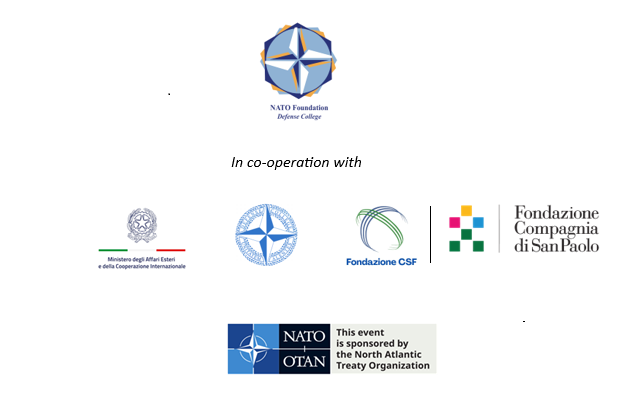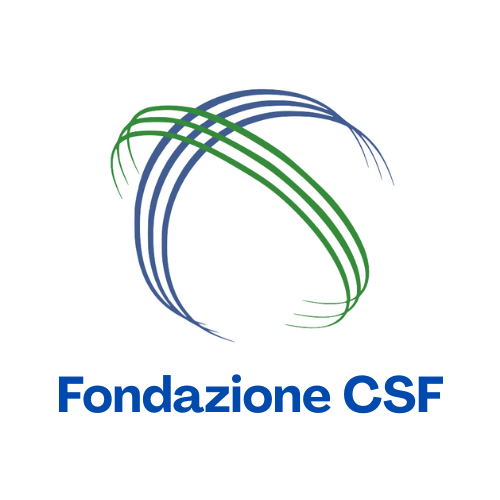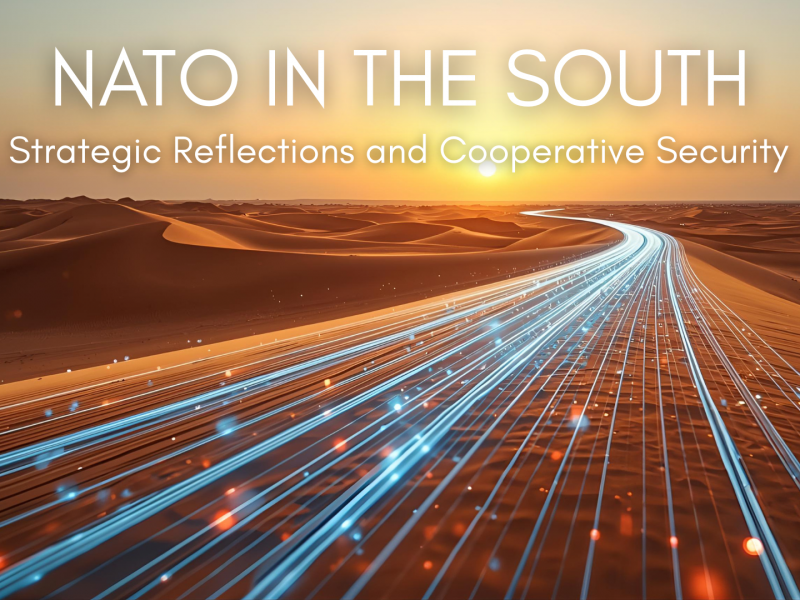Rome, 5th of December
Venue: The Hive Hotel
Working Language: English
The Southern Neighbourhood remains central to NATO’s strategic outlook, encompassing the Wider Mediterranean and facing growing influence from external actors. Its stability is essential for Euro-Atlantic security, given its role in trade, energy transit, and digital connectivity.
Recent threats to undersea cables, shipping routes, and energy infrastructure highlight the need for a comprehensive 360-degree approach, reaffirmed at the 2024 NATO Summit. The appointment of a NATO Special Representative for the Southern Neighbourhood and the opening of the Amman liaison office mark concrete steps in this direction.
The European Union has also reinforced its engagement through the new DG MENA and a Commissioner for the Mediterranean, underscoring shared interests amid regional tensions. In this context, closer NATO–EU cooperation is vital, particularly for European members with direct regional stakes.
This High-Level Conference will feature keynote addresses and three panels on strategic developments, partnership evolution, and practical NATO–EU cooperation towards a credible European pillar in defence, crisis management, and cooperative security.
Draft Programme (25/11/2025)
📌 Note to Participants: A dedicated coffee station, with professional service, will be available just outside the conference room for the entire duration of the event.
15,00 – 15,20 Welcome Remarks
▪ Antonio Tajani, Deputy Prime Minister and Minister of Foreign Affairs and International Cooperation, Rome
▪ Alessandro Minuto-Rizzo, President, NATO Defense College Foundation, Rome*
▪ Ken Kitatani, Board of Directors, Governance Officer, International Council on Environmental Economics (ICEED), New York *
▪ Carlo Musso, Head, Strategic Studies, Leonardo S.P.A., Rome *
15,20 – 15,30 Opening Remarks
Alessandro Azzoni, Permanent Representative of Italy to the North Atlantic Council (NAC), NATO HQ, Brussels
15,30 – 16,30 SESSION I : SHIFTING ALLIED PRIORITIES IN THE EURO-ATLANTIC SPACE: THE MIDDLE EAST BEYOND THE PRESENT
▪ Ian Lesser, Distinguished Fellow and Advisor to the President, The German Marshall Fund of the United States, Brussels *
▪ Mahmoud Karem, Professor, British University; former Ambassador to NATO and the EU, and Commissioner, Human Rights Council, Cairo *
▪ Silvia Colombo, Senior Researcher and Faculty Advisor, NATO Defense College, Rome *
Q&A Session
▪ Niagalé Bagayoko, Chair, African Security Sector Network (ASSN), Paris *
▪ Nigar Göksel, Project Director, Turkey/Cyprus, International Crisis Group, Istanbul *
▪ Dahan Ahmed Mahmoud, Executive Director, Mauritanian Institute for Strategic Studies,Nouakchott *
▪ Oumar Ba, Professor, CEDS Paris and Sciences Po, Bordeaux *
Q&A Session
▪ Giovanni Romani, Head, Middle East and North Africa Section, Political Affairs and Security Policy Division, NATO HQ, Brussels *
▪ Morgane Buttiens, Project Manager, DG MENA for Middle East, North Africa and Gulf, European Commission, Brussels *
▪ Katarzyna Sidło, Senior Policy Analyst, MENA, EUISS, Paris *
▪ Lina Khatib, Principal Analyst, ExTrac, London *
Q&A Session
Abdulaziz Aluwaisheg, Assistant Secretary for Political Affairs and Negotiations, Gulf Cooperation Council, Riyadh *
Hossam Zaki, Assistant Secretary General, League of Arab States, Cairo *


 It
It  En
En 



